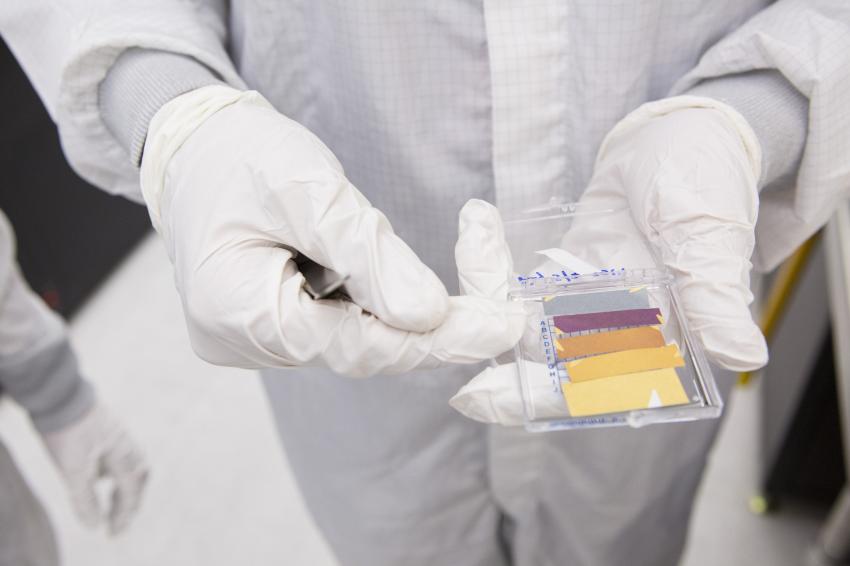Summary: Medical device designed to resist infection are literally saving patient lives and shortening hospital stays.
Patients who wrestle with diseases that affect the internal organs can suffer greatly if those problems aren’t treated. There is an old saying, disease begins in the gut. Some of the most useful treatments for patients these days often include medical devices inserted into the patient’s body. These can represent anything from prosthetics to simple tubes, all with the goal of improving patient health. Manufacturers that utilize a vacuum evaporation system in the creation of their products are literally saving lives through their advancements.
Saving Patients from Infection
Penicillin was one of the most effective drugs concocted by modern medicine, and most people today take it for granted. It’s because penicillin is used in the treatment of several diseases that are common, but were once quite deadly.
Anti-microbial coatings will one day do the same for infections that are common when patients have wearable medical devices inside their bodies. The open wounds left by these devices carry a risk for infection, but coatings that resist bacteria may dramatically improve recovery times. They may lower the number of patients returning to the hospital as well.
Shortening Recovery Times
Part of the challenge patients wearing medical devices face is the removal or insertion of the device. That process can re-open wounds and create extended recovery times. Aqueous coatings applied by sputter deposition allow the device to slip easily into the patient’s body, and in some cases the device feels seamless.
If the wound seals easier, the patient recovers faster. So a device saves money for the hospital as a whole when fewer patients are admitted for longer stays.
Bio: Denton Vacuum, LLC specializes in the manufacture of optical coating systems, and sputter deposition systems used in advanced manufacturing.

